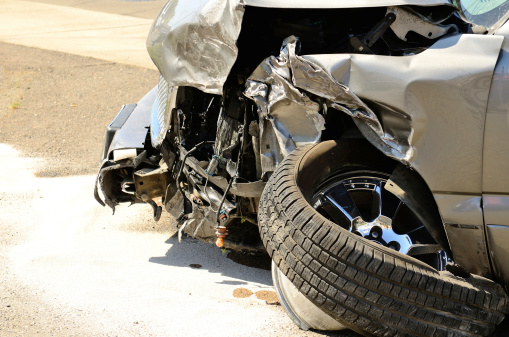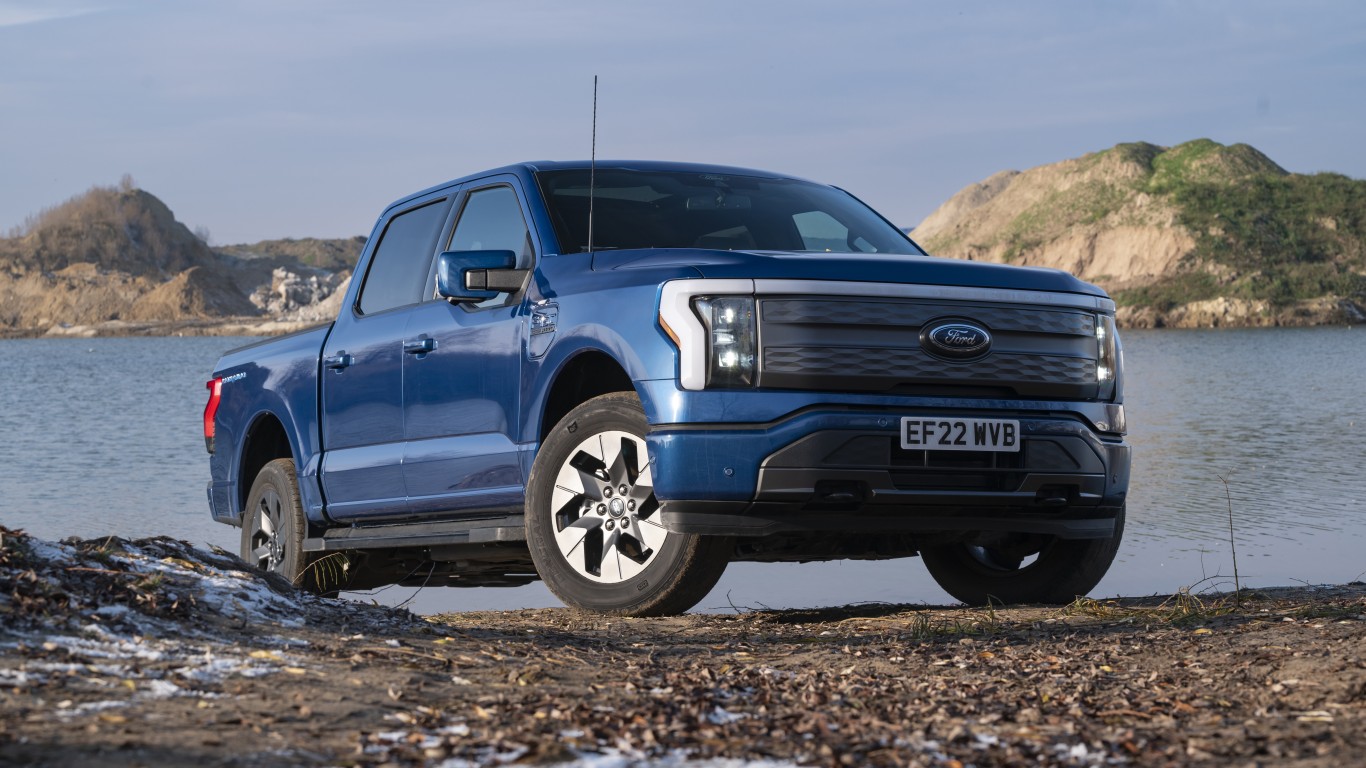The Department of Transportation has estimated that some 250 million cars are registered in America. That number has been relatively flat since 2005. Some of these vehicles may not be in service at all, but up on blocks in people’s garages or disassembled for parts. As 2014 recalls of cars sold in the U.S. reach what probably totals about 20 million, the industry may want to consider recalling every car in America, instead of going through the process a few million at a time.
The auto manufacturing industry mentality about recalls has changed in the past few weeks. As General Motors Co.’s (NYSE: GM) recalls have reached almost 14 million (for cars sold in the United States), analysts believe the number will grow. The chances that the federal government will examine car accidents more carefully have increased, as has the potential for legal liability.
Better to recall than have a recall forced on them, the manufacturers may have decided.
Certainly, recalls have accelerated recently. Toyota Motor Corp. (NYSE: TM) has just recalled 466,000 cars (globally). Nissan recalled 104,000 Jukes. Ford Motor Co. (NYSE: F) recalled 1.4 million crossover type vehicles. And there have been a number of other, much smaller actions.
No matter how well cars and trucks are built, almost all are bound to have some defect. After all, these are products made of thousands and thousands of parts. Some of these defects are nuisances. Some are dangerous. It may take a series of accidents to prove which is the case from one defect to another.
As the industry’s anxiety about whether it makes good cars and light trucks grows, the number of recalls is likely to explode. What the total will be is anyone’s guess. However, it will be much higher than the present tally.
ALSO READ: The 10 Most Reliable Cars
The Average American Is Losing Momentum On Their Savings Every Day (Sponsor)
If you’re like many Americans and keep your money ‘safe’ in a checking or savings account, think again. The average yield on a savings account is a paltry .4%1 today. Checking accounts are even worse.
But there is good news. To win qualified customers, some accounts are paying more than 7x the national average. That’s an incredible way to keep your money safe and earn more at the same time. Our top pick for high yield savings accounts includes other benefits as well. You can earn a $200 bonus and up to 7X the national average with qualifying deposits. Terms apply. Member, FDIC.
Click here to see how much more you could be earning on your savings today. It takes just a few minutes to open an account to make your money work for you.
Thank you for reading! Have some feedback for us?
Contact the 24/7 Wall St. editorial team.


